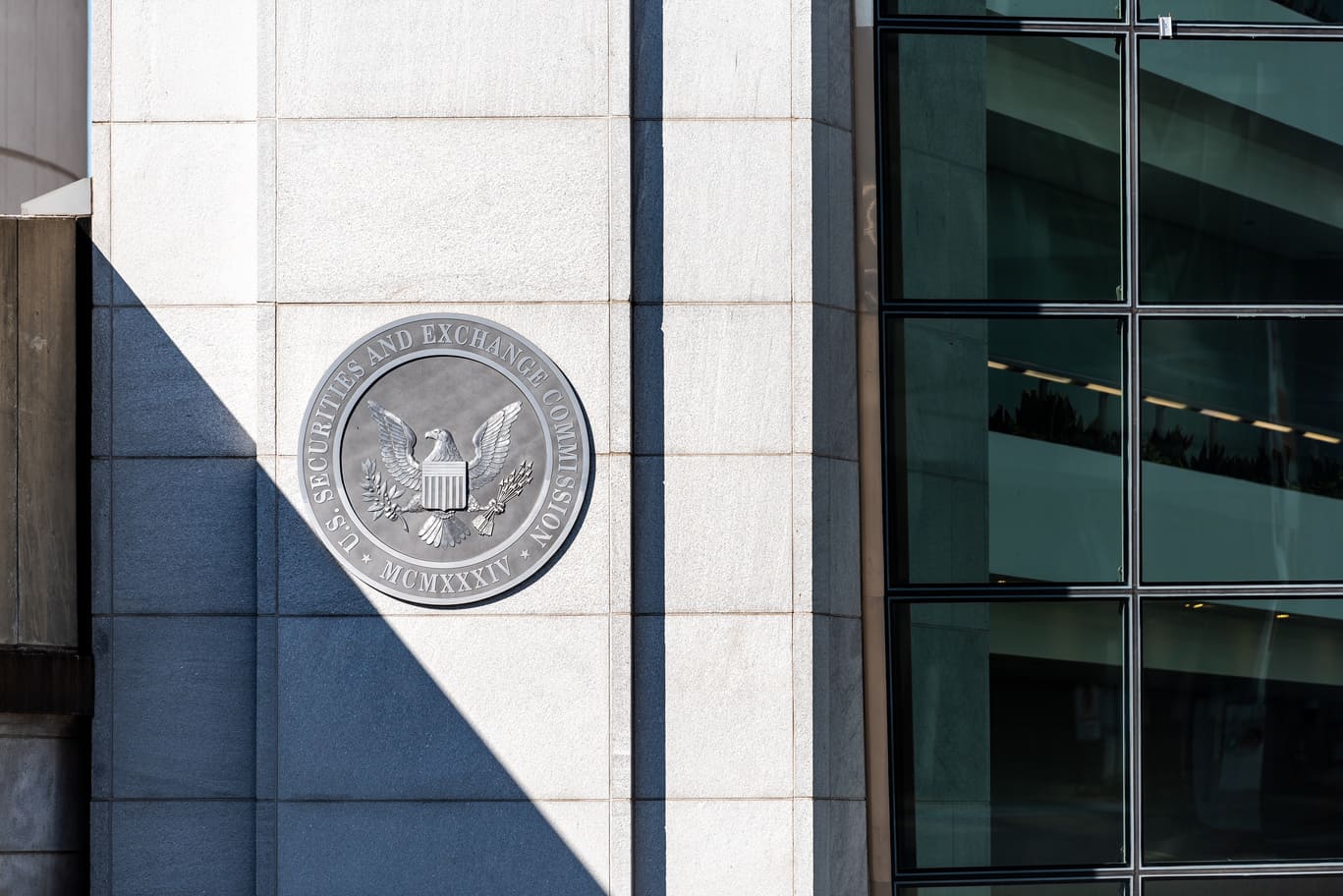
"Financial stability risks from crypto-assets are rising", ECB warns
The ECB highlights risks to financial stability and climate transition coming from crypto-assets.
In its latest Macroprudential Bulletin, European Central Bank (ECB) warn that stablecoin and decentralized finance (DeFi) are the main financial stability risks stemming from crypto-assets and they call for the urgent implementation of appropriate regulatory, supervisory and oversight frameworks.
“Financial stability risks from crypto-assets are rising and could reach a systemic threshold,” is written in the analysis. “If current trends continue, crypto-assets will pose risks to financial stability. Crypto-asset markets thus need to be effectively regulated and supervised,” and “the cross-border and global nature of the ever-growing crypto-asset universe calls for a holistic and coordinated approach among authorities,” suggest the ECB.
Within the bulletin, the researchers delve into the role of stablecoins in this troubling picture: “Stablecoins fall short of what is required of practical means of payment in the real economy. the critical function that some stablecoins serve in the wider crypto-asset ecosystem and for unbacked crypto-assets could have contagion effects for the financial system if at some point in the future unbacked crypto-assets pose a risk to financial stability.” The researchers take the recent case of TerraUSD as an example, explaining that “the developments related to the crash of the algorithmic stablecoin TerraUSD exemplify the contagion within the crypto-asset ecosystem. Appropriate regulatory, supervisory and oversight frameworks need to be implemented urgently, before stablecoins become a risk to financial stability.”
Along stablecoins, also DeFi is in many ways “subject to the same vulnerabilities as traditional finance” and “needs to be effectively supervised and regulated. The lack of traditional centralised entry points for regulation and its opaque and anonymous nature pose challenges for policymakers in terms of enforcement and effective regulation and supervision.”
Finally, the bulletin highilight how “climate transition risks are expected to increase in line with the increasing exposure of the financial sector to crypto-assets” and ask for public authorities, investors and financial institutions “to evaluate whether the outsized carbon footprint of certain crypto-assets undermines their green transition commitments.”





